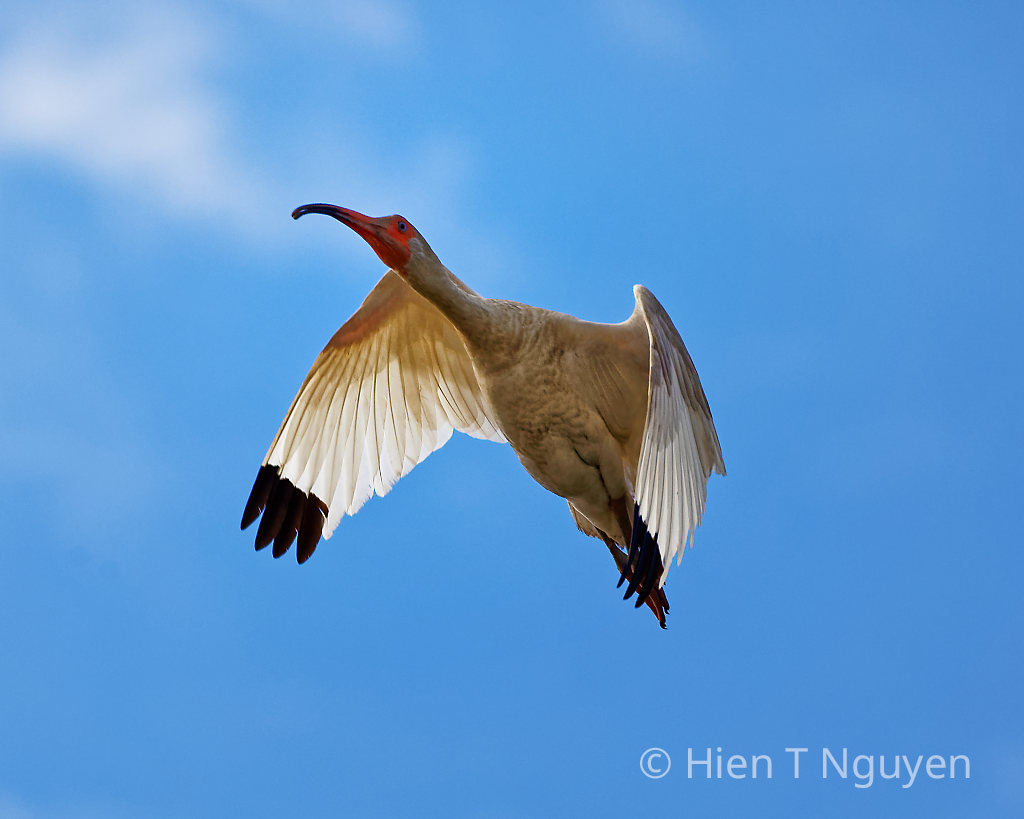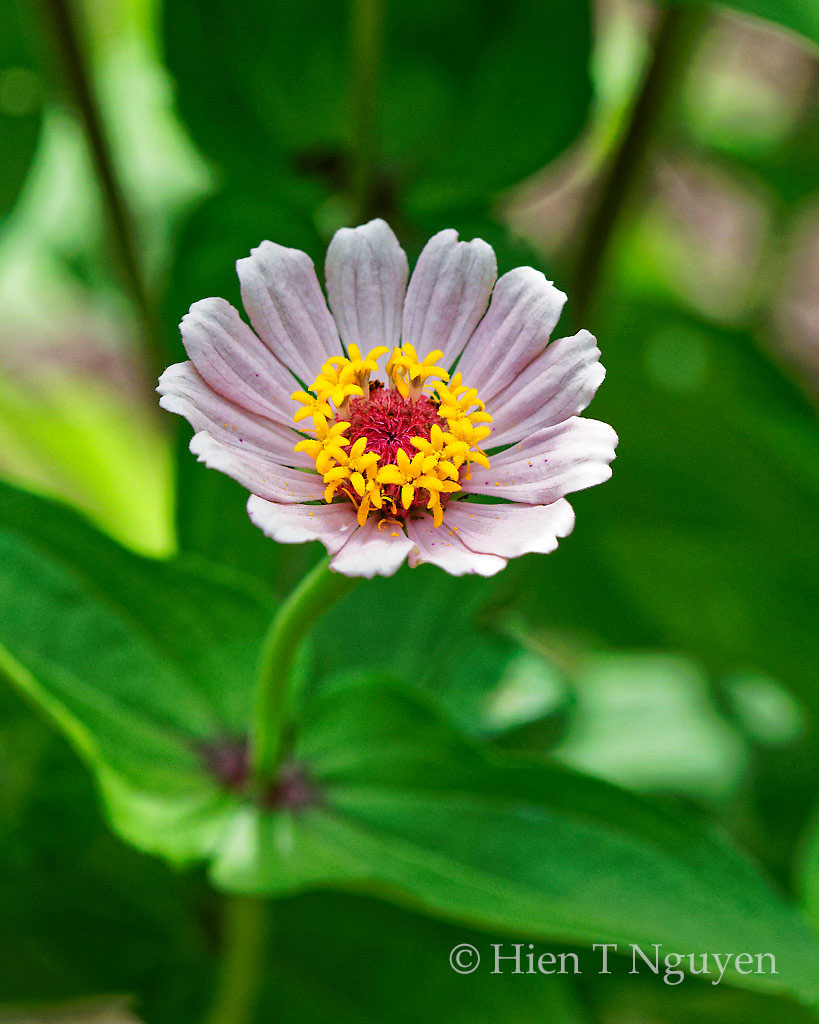Following is my translation of a short story published in 1934. It was written by a famous Vietnamese author, Trần Khánh Giư using the pen name of Khái Hưng. He and Nhất Linh (see Shadow in the Mist) were the two founders of the Self Reliance Literary Group (Tự Lực Văn Đoàn).
“You Must Live” (“Anh Phải Sống”) is the first of 13 short stories written by these two authors. It was published in 1934. At the end of World War II, Khái Hưng was arrested by the Vietnamese Communists and executed in 1947.
One summer afternoon on the dike at Yên Phụ.
The Red River was rising and flowing so strongly that it was threatening a small island in the middle of it. Tree trunks and desiccated branches collected from upstream forests were carried by its reddish current. They looked like a never-ending convoy of small boats traveling at top speed toward some unknown destination.
Standing on the dike, mason Thức eyed those pieces of wood, a wishful expression on his face. He turned to his wife and stared at her with an unspoken question. She gazed at the river, inspected the sky, then sighed:
“The wind is too strong, and those dark clouds on the horizon are growing fast. Dear, it will rain soon!”
He also let out a sigh, and began ambling away. Abruptly he stopped and asked her:
“Did you cook yet?”
She answered sadly:
“Yes, but there is only enough for the two older kids to eat this evening.”
The couple looked at each other in silence. Then something seemed to mesmerize them, forcing them to turn toward the river. In the middle of the river, pieces of firewood were drifting steadily downstream.
The husband smiled oddly and said:
“Bold!”
The wife shook her head but did not say a word. He asked:
“Did you go see Mrs. Ký yet?”
“I did.”
“How did that turn out?”
“Useless. She said she will only give us money when we collect that floating firewood and bring it to her. She will lend us nothing before that.”
“Is that so?”
Those words were as solid as the firm taps he made with a trowel on the bricks of a wall he was building. Willing himself to do some superhuman act, Thức turned to his wife:
“Go home and take care of our boy Bò.”
“He has big sister Nhớn and small sister Bé looking after him.”
“Dear, it’d better if you went home. Nhớn is barely five, how can she take care of the two younger ones?”
“I’ll go home then … But you should too. What are you standing around here for?”
“It’s all right. You first, I’ll go later.”
Mason Thức’s wife went obediently back to the village of Yên Phụ.
Seeing their low house, dark and damp, mason Thức’s wife thought about their poverty and felt despondent.
All three of her children were on the bare wooden bed, crying and clamoring for their mother. The little boy, Bò, was wailing, wanting to be fed. Since noon he had not had anything in his stomach.
Big sister Nhớn had not succeeded in calming him and was constantly telling small sister Bé:
“Run out to find mother and tell her to come home and feed him.”
However, Bé refused to go and laid on the bed crying and cursing.
Mason Thức’s wife ran to her son and picked him up, soothing him with words:
“I am sorry! I was out for too long and I let my baby go hungry, I let my baby cry.”
She sat on the bed to feed him. The boy began suckling. But he soon gave up and let go of his mother’s nipple because she had no milk for him. He wailed louder than before.
Thức’s wife sighed, her large black eyes filling with tears. She stood up and walked around singing softly to lull him to sleep.
“I am sorry! I had nothing to eat, and I have no more milk for my baby.”
Eventually, exhausted by his efforts, he fell asleep. The mother told the two girls to go out of the house to let their brother sleep.
She sat down and thought about her life. Her simple peasant mind could not dream or arrange her memories in any order. The things she remembered appeared chaotically, like people and objects on a photograph. One thing she did remember very clearly was that she had never had a moment of leisure, one moment during which she could enjoy happiness like rich people did.
When she was twelve or thirteen, Lạc began working as a mason helper. Her life went on, day after day, month after month, year after year.
At the age of seventeen, she and Thức worked together, he as a roofer and she his helper. They exchanged pleasantries now and then. They fell in love. They got married.
Five years later, in their dilapidated home at the foot of the Yên Phụ dike, there was nothing that could be considered easy in the life of these two miserable people, their poverty worsening with the birth of three children in three years.
On top of that the times were hard, jobs were few and wages low. The couple struggled from one day to the next, never earning enough to feed their growing family.
Then mason Thức came up with a new way to earn a living. He borrowed money to buy a small woven bamboo boat. Every day, they took the boat out to the middle of the river to collect firewood to sell. Two months later, with their debt paid off, they were making enough money to live comfortably.
That is why this year, amid widespread poverty and hunger, the couple was looking toward the day when the river would be high again.
Yesterday, they saw that heaven had granted their wishes.
Lạc smiled and softly laid her baby down on his diaper. Silently, she stepped outside and began climbing the dike resolutely.
At the top of the dike, she did not see her husband anywhere.
The wind was roaring and the current was strong, flowing fast and noisy like a waterfall. Lạc lifted her yes to look at the sky: it was dark, black.
She stood thinking, her shirt flapping like those strong waves assailing the river bank. Then a sudden thought hit her. She panicked and ran to the side of the dike leading down to the river.
She arrived at the place where they had moored their woven boat. Lạc saw her husband making efforts to tighten the knots holding the bamboo slats together. She observed him silently and waited until he finished before stepping onto the boat and asked:
“Dear, where are you planning to go?”
Thức glared at his wife, shouting angrily:
“Why aren’t you staying home with the children?”
Frightened, she answered:
“They … are sleeping.”
“But what are you doing out here?”
“Where are you taking the boat?”
“Why do you ask? Go home!”
Lạc started to cry. Thức was moved.
“Why are you crying?”
“Because you are planning to go get firewood by yourself, without me.”
Thức was thinking and looking at the sky, the river. He told her:
“Dear, you can’t come along … It’s too dangerous!”
Lạc laughed:
“Dangerous! Then it’s dangerous for both of us … I am not afraid, I know how to swim.”
“All right!”
Those words sounded cold, making Lạc shiver. The river continued flowing strongly while the sky was getting even darker. Thức asked:
“Afraid?”
“No.”
They started taking the boat toward the middle of the river. He steered, she paddled. To fight against the current, he pointed the boat upstream. Still the boat drifted downstream, bobbling up and down, hidden at times by alluvial waves, then emerging again like a dried bamboo leaf on a pool of blood, a tiny mosquito drowning in a tube of lipstick.
Yet half an hour later they had reached the middle of the river. He held the rudder firmly while she collected the driftwood.
Not too long after, the boat was almost full and they prepared to return to the river bank. Rain started falling, followed by lightning which seemed to tear the clouds apart, while thunder threatened to blow up both heaven and earth.
The small bamboo boat filled with water and became heavier. They both paddled, but the current kept taking the boat along with it.
They shouted at the same time:
“Heaven!”
The boat sank. Their collected driftwood rejoined their former ranks and moved coldly forward, taking the overturned boat with it.
He asked his wife:
“Will you be able to swim to the river bank?”
“I can,” she asserted.
“Swim along with the current … Lean on the waves!”
“I can do it! Don’t worry!”
The heavy rain continued, accompanied by ferocious thunder and lightning. The two felt they were living on the border of some abyss. A moment later, seeing his wife weakening, Thức swam toward her and asked:
“How is it going?”
“I can do it! Don’t worry!”
As soon as she said that, her head sank in the water. She struggled tremendously to come up to the surface. He sped toward her. Then one arm holding her up, he swam with his other arm. She smiled and looked at him lovingly. He also smiled. Some time later, Thức shouted:
“I am tired, hang on to me and let me swim! I can’t hold on to you any longer.”
After a few more minutes, he was exhausted and his arms were beyond tiring. She asked him softly:
“Can you swim some more?”
“Don’t know. If it was just me, no problem.”
“I will detach myself so you can swim to the bank, all right?”
He laughed:
“No! We’ll die together.”
A short while later, although Lạc felt it was as long as a day, her husband asked:
“Lạc! Can you try to swim some more?”
“No, why?”
“Nothing. Then we’ll both die.”
Lạc shuddered and said softly:
“Baby Bò! Nhớn! Bé! … No! … You must live!”
All of a sudden, Thức felt much lighter. She was no longer holding on to him. Lạc had thought about their children and had silently sunk to the bottom of the river, giving him enough strength to swim to the river bank.
Electric lights were shining brightly on the dike. The wind had died, the waves had calmed down. A man with a baby boy in his arms was sitting on the ground, crying. Two young girls stood on both sides of him. The family of mason Thức had come to the river to say farewell to the one who had sacrificed herself for her children. In the vast emptiness, the river kept flowing downstream, unconcerned.
























